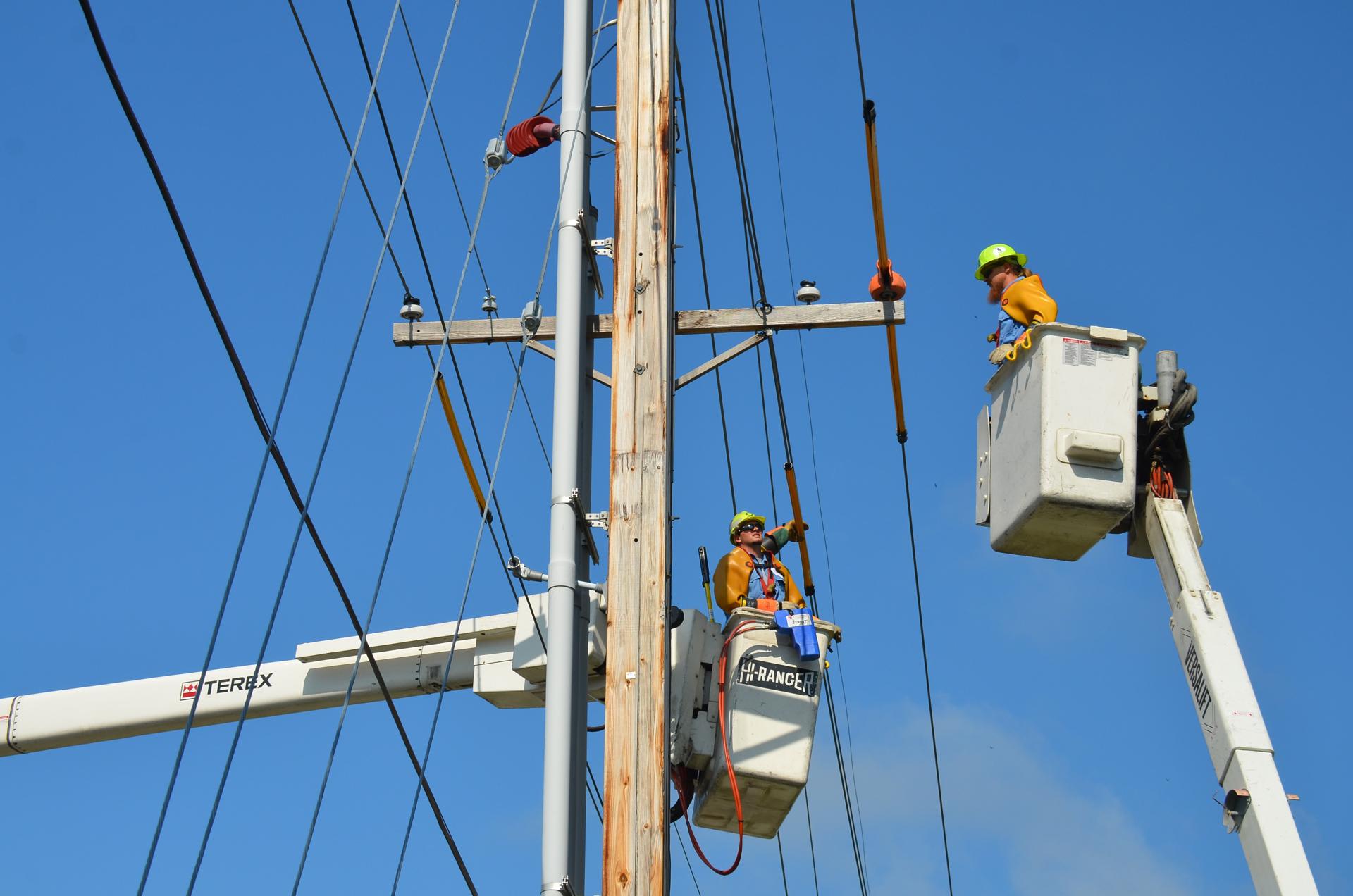Debunking the Myths: The Truth About the Danger of Being an Electrician

Being an electrician is a career that is not without risks However, it’s also one that is secure with the proper steps. At Local Electrician Chipping Norton, we take security seriously and believe it’s important to educate our customers about the dangers of working with electricity and ways to avoid injuries.
Statistics of Electrical Accidents:
Electrical accidents can happen in the workplace as well as at home. In fact, according to the Electrical Safety Foundation International, there were more than 2,000 electrical deaths across the United States from 2003 to the year 2018. The main causes of these incidents are electrocution and electrical fires.
One of the best ways to stay safe from electrical hazards is to employ an authorized electrician. They are knowledgeable and have the expertise to manage electrical work efficiently and safely, which reduces the possibility of injuries.
Safety Precautions:
One of the most crucial safety measures electricians can adhere to is wearing protective gear, such as gloves eye protection, gloves, and insulated tools. They should also shut off power prior to starting work and follow lockout/tagout protocols to ensure that the electricity is off during their are working.
For homeowners, it’s important to avoid attempting electrical work themselves. Even the most basic tasks, such as replacing an outlet or lighting fixture, could be risky if done incorrectly. It is recommended to contact an experienced professional who is licensed to do any electrical work.
Training and Certification:
To become licensed electrician an individual must complete an extensive course of study in order to pass the certification exam. This assures them of having the necessary knowledge and abilities to handle electrical work safely and effectively. In Local Electrician Chipping Norton, we only employ licensed electricians, which means you can be sure that electrical work will be done right.
Conclusion:
As a summary, being an electrician does come with certain dangers, however these risks can be mitigated with the appropriate measures. We at Local Electrician Chipping Norton, we take safety very seriously and would like our customers to understand the importance of hiring an experienced electrician to meet their electrical requirements. Be aware that for any electrical services you require, you can always call Local Electrician Chipping Norton at 1300 610 481.
FAQ:
What should I do if experience an electrical emergency?
If you are experiencing an electrical emergency, the first thing you should do is to shut off the power source to the area in question and then contact a licensed electrician. Don’t attempt to fix the problem yourself, as it can be hazardous.
What’s the best way to prevent electrical fires at your home?
The most effective way to prevent electrical accidents at home is to engage an experienced electrician for all electrical work you want completed. Also, ensure that you do not over-load outlets, and use extension cords in a safe manner and repair damaged electrical cords and devices.
Do I need to do my own electrical work or should I always hire an electrician?
Although it might be tempting to try to save money by performing your own electrical work, it’s not recommended. Electrical work can be dangerous, and it’s best to engage a licensed electrician who has the training and experience to handle the job safely.
How do I know what an electrician is licensed and qualified?
To confirm the electrician is licensed and certified to ensure that an electrician is licensed and qualified, you should check with the licensing board in your state or ask for their certification and license. In Local Electrician Chipping Norton, all of our electricians are licensed and experienced.
What kind of electrical service are offered by Local Electrician Chipping Norton offer?
We are Local Electrician Chipping Norton, we offer various electrical services that include electrical repair and installation and upgrades to electrical panels lighting installation, and more. Contact us at 1300 610 481 to learn more about our offerings and the ways we are able to assist you with your electrical requirements.
